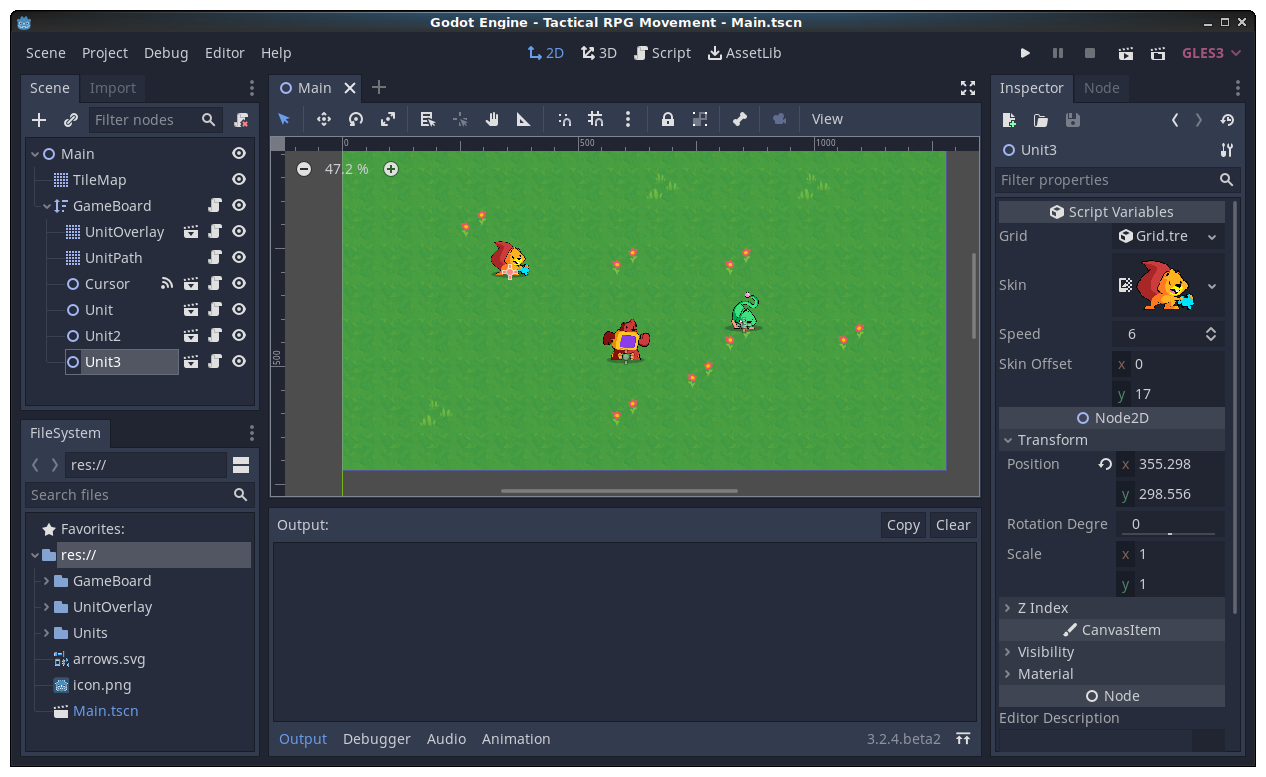-
chevron_right
Godot Engine hires another developer, this time for physics fun
Liam Dawe · news.movim.eu / GamingOnLinux · Monday, 21 December, 2020 - 09:55 · 1 minute
Through 2020 it seems the free and open source game engine Godot Engine has gone from strength to strength, and they've managed to hire another developer.
Not long after announcing a new hire thanks to funding from Facebook , developer Camille Mohr-Daurat has now been hired thanks to a "generous donation" to work part-time over six months to improve Godot's 2D and 3D physics systems. They said their main goal is to modernise the whole thing - no doubt something that will excite a number of developers using Godot.
Mohr-Daurat has listed a few interesting goals to get started including sorting out a physics test framework, an audit of existing issues and sorting through pull requests from others, implement a bunch of new features like soft bodies and buoyancy, optimise and more.
See the announcement here .
All sounds pretty great and wonderful to see Godot end 2020 on another high note. Hopefully through 2021 we will see more developers take a look at using Godot Engine as it grows more feature-filled and powerful. The cross-platform support it offers is excellent. If you're working with Godot and plan to have whatever it is supported on Linux, do feel free to mention it in the comments.







